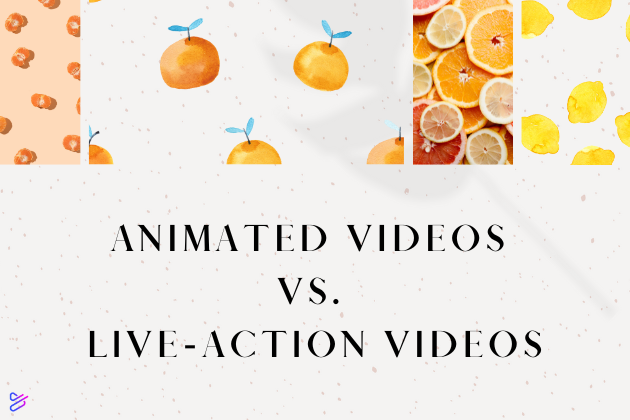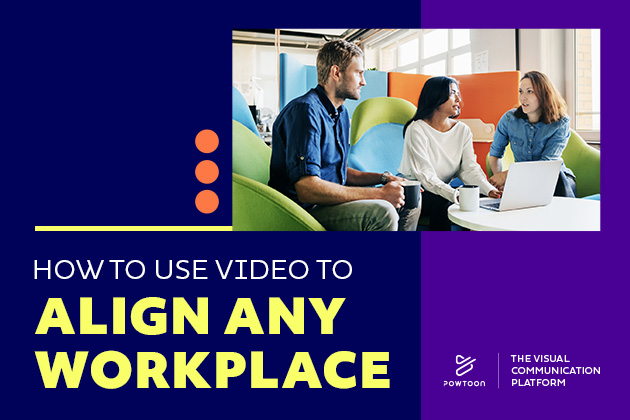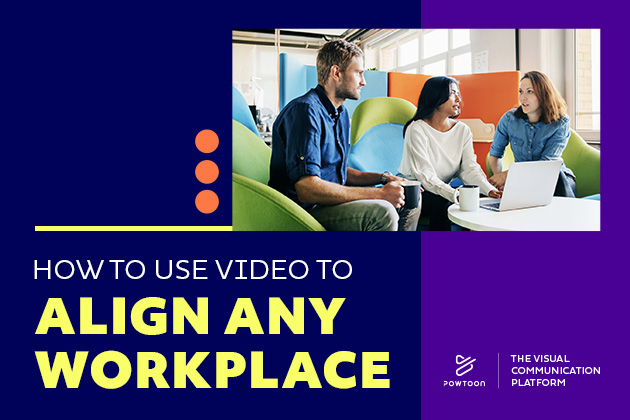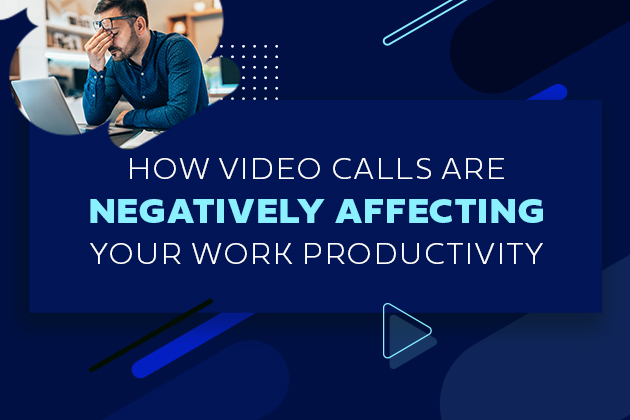
Animated Videos vs. Live-Action Videos
If you’re a marketer in the digital age, odds are you know that video content should play an important role in your strategy. Research confirms that approximately 91% of businesses across a range of industries already use video in their marketing campaigns. You’re falling behind if you don’t do the same.
Additionally, video content isn’t merely useful as a marketing tool. For example, because video content has been shown to drive more engagement than other forms of content, educators have come to appreciate how generating informative videos can make lessons more exciting for students. Additionally, employers use video content for everything from new hire onboarding and training to employee appreciation.
However, before you create and upload your own video content for your audience, you may need to make a critical decision: Should you create a live-action video or a work of animation?
There’s no universal winner in the animation vs. live-action debate. As this overview will explain, whether you should create an animated film or a live-action film will depend on numerous factors.
(Tip: Using the right video maker and animation maker is important no matter what type of film you produce. With Powtoon, video animation, and live video production are made easy, even if you have limited video production experience and a small video production budget.)
What Are Animated Videos?
An animated movie can take many forms. It doesn’t merely need to be a cartoon for young audiences.
In general, an animated video is one that solely or primarily consists of animated characters and visuals. Although some animated video content may incorporate live-action, a video may still qualify as a work of animation if it is mostly animated.
Be aware that animation also need not be hand-drawn. In fact, most animation these days is computer-generated. With the right animation maker, you can create quality computer animation even if you’re not a talented artist.
The Advantages of Animated Videos
The pros of animated content when compared to live-action include the following:
- Cost-effectiveness: You can save money when you animate your characters and locations instead of hiring actors and finding real-world locations or building sets.
- Flexibility: You must accept certain practical limitations when you make a live-action movie. For example, you might want to place your main character in an exotic setting, like the moon, but you may lack the budget necessary to do so. With Powtoon’s online animation maker, these types of practical limitations don’t need to stop you from creating a budget-friendly video that captures the spirit of your vision.
- Branding: To some extent, animation gives you more freedom to customize your color scheme, the look of your characters, and numerous other visual elements of your content. This can help you create content that reflects your unique brand.
It’s also worth noting that research indicates when used in an academic setting to explain what may be complex processes, animation can boost retention, with students who watch animated videos remembering more of what they learned than students who do not watch such videos.
It’s possible for animation videos to have the same impact in other contexts. For example, perhaps you wish to create an explainer video that introduces potential customers to the services and products you offer. If the video is primarily animated, it’s possible viewers will more thoroughly recall its content later.
What Are Live-Action Videos?
Live-action videos are those that are not primarily created by animators. That doesn’t mean animation can’t play any role in a live-action video.
For example, with green screen technology, you could film an actor in live-action while inserting a background created with an animation maker behind them. In general, though, if a video was mainly shot with a camera, it qualifies as live-action rather than animation.
The Advantages of Live-Action Videos
Reasons to consider filming a live-action video rather than generating content with an animation tool include:
- Realism: There are various potential instances in which it might be necessary to create a video consisting of realistic visuals. For example, maybe you need to demonstrate how a product functions in real life. It would be better to do so with a video that shows the actual product in use.
- Authenticity: Maybe your goal is to trigger an emotional reaction in a viewer. It might be easier to achieve this goal with real footage instead of animation.
- Showing your face: You might want to give a human face to your brand instead of having an animated character representing it. This is another reason to consider live-action.
Animation vs. Live-Action: How to Make the Choice
Again, animation isn’t universally superior to live-action footage, and live-action footage isn’t always better than animation. Factors to consider when deciding which type of video to create include the following:
- Budget and resources: Access to sets, props, actors, and even a qualified cameraperson must be accounted for when deciding whether to create a live-action video or a work of animation. If it would be too costly to film your video idea in the real world, you might be better off creating it with an animated video maker.
- Brand identity: The nature of your brand and audience should play a role in this decision. For example, if you want to position your company as youthful and friendly, animation might help you achieve this goal. On the other hand, if you want to appear mature and professional, you may prefer live-action.
- Examples: Identify your competitors. Watch some of their top-performing video content. Is it mostly animated, mostly live-action, or is it both? This can help you decide what direction you should go in.
Tips for Creating an Effective Animated Video
If you choose to animate your video, tips to keep in mind include the following:
- Choose a basic color scheme that embodies your brand
- Use a storyboard to determine the flow of your video
- Know your audience, and create an animated character that speaks to that demographic
- Keep it simple, and don’t overwhelm your audience with too much information or visuals
Tips for Creating an Effective Live-Action Video
Tips to remember when producing live-action content include:
- Use natural lighting whenever possible, but invest in quality lighting equipment for indoor shots
- Try to shoot most of the time indoors to ensure the elements don’t interfere with the production
- Shoot multiple takes to capture the best performances you can
Powtoon’s Animation Maker and Video Maker Simplifies Video Production
Whether you choose to focus on creating animated videos, live-action videos, or both, thanks to Powtoon’s templates and various other resources, creating video content for your audience is easy, regardless of your experience level. Get started by signing up today!
Latest posts by Hanna Abitbul (see all)
- How to create an AI avatar - September 25, 2024
- How to Set Realistic Business Goals for 2025 - September 24, 2024
- Best AI script writers in 2024 - June 28, 2024
- How to write a script with AI - June 27, 2024













